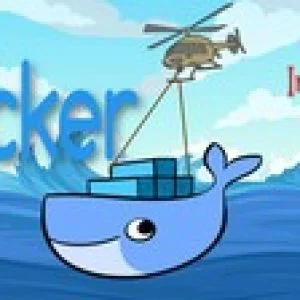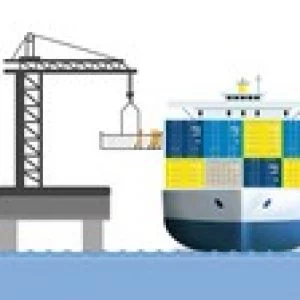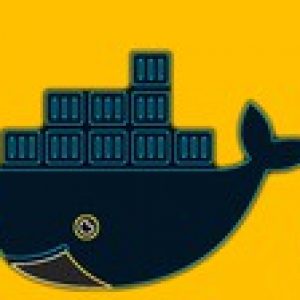
Container DevOps: Building Containers in the DevOps Process
$19.99 $14.99Track price
A container is a standard unit of software that packages up code and all its dependencies so the application runs quickly and reliably from one computing environment to another.
In this course you will learn how you can benefit from containers, how to deploy containers in a DevOps environment, and best practices for using containers effectively
We’ll get into what containers are, where and when you can use them, and how to manage them. We’ll also get into containers in development, packaging, and production, with examples and factors to consider for each.
In addition you’ll get an in–depth look at how you can use Docker Swarm, Kubernetes, Mesos, and cloud container solutions to manage your containers effectively.
Containerization entails placing a software component and its environment, dependencies, and configuration, into an isolated unit called a container. This makes it possible to deploy an application consistently on any computing environment, whether on–premises or cloud–based.
Containers are a fundamental component of many DevOps processes. They are lightweight, can be deployed consistently in multiple environments, and are easy to transfer from one team to another. In this way, they help foster cross–organizational collaboration.
The transition to containers is helping developers and security teams address issues earlier in the development process before they become issues in production environments.
Specification: Container DevOps: Building Containers in the DevOps Process
|
User Reviews
Be the first to review “Container DevOps: Building Containers in the DevOps Process” Cancel reply
This site uses Akismet to reduce spam. Learn how your comment data is processed.

| Price | $14.99 |
|---|---|
| Provider | |
| Duration | 1 hour |
| Year | 2021 |
| Level | All |
| Language | English ... |
| Certificate | Yes |
| Quizzes | No |

$19.99 $14.99






There are no reviews yet.